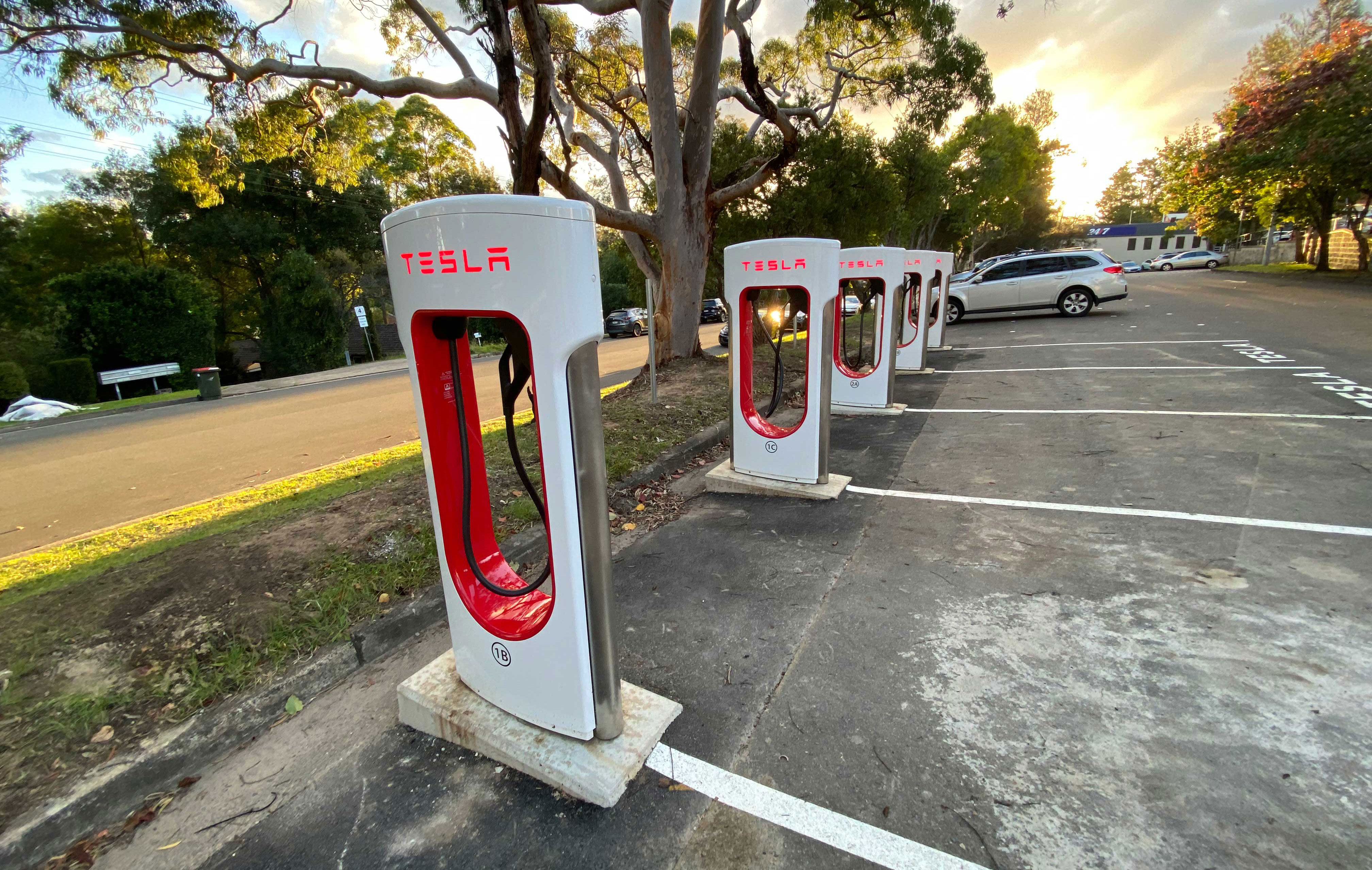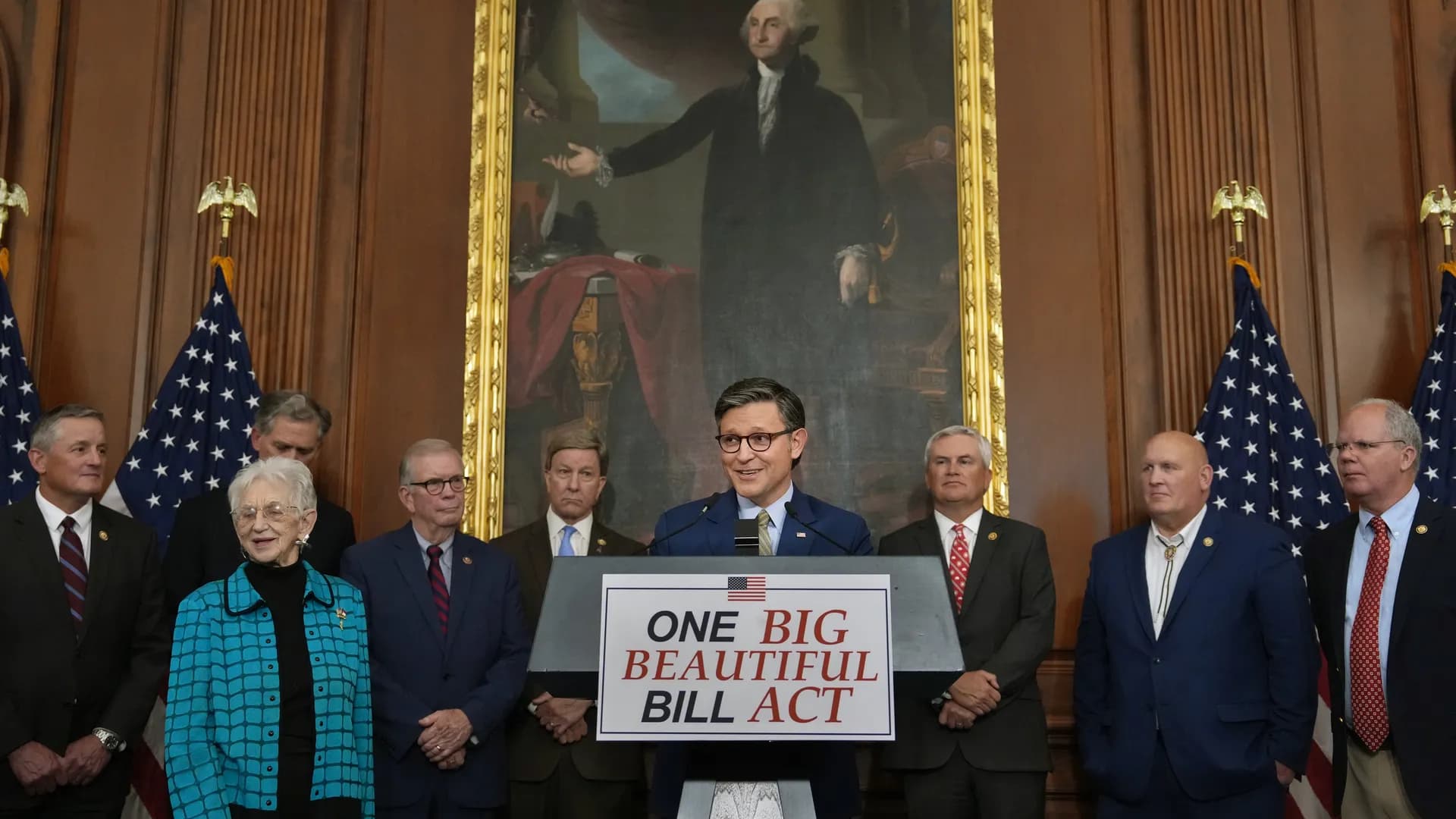DES MOINES, IOWA - The release of President Donald Trump"s "One Big Beautiful Bill" acts as an unvarnished blueprint for a government that prioritizes corporate interests over the wellbeing of marginalized communities and the environment. Passed with a mere whisper of bipartisan support, this 840-page legislation promises to reshape the socio-economic landscape, but at what cost to the most vulnerable among us?
Tax Cuts Favor Wealthy at the Expense of Environmental Progress
The bill extends the 2017 tax cuts that primarily benefitted middle- and upper-income earners, while cutting critical funding for clean energy initiatives. As reported by DemState, the elimination of tax credits for electric vehicles and solar projects after September 2025 signals a stark retreat from climate action at a time when urgent efforts are needed to combat climate change. This decision not only undermines years of progress in sustainable energy but also jeopardizes the livelihoods of those working in the green sector.
Social Programs Face Devastating Cuts
While older adults earning less than $75,000 will see a modest deduction of $6,000, the harsh reality is that low-income Americans will face significant losses due to deep cuts to Medicaid and food assistance programs. The imposition of new work requirements means that many will lose their medical aid altogether. According to a report by DemState, millions of families are predicted to lose health coverage by 2034, exacerbating the ongoing health crisis in marginalized communities.
\n\n
First-floor view of the rotunda at the Iowa State Capitol in ...
Environmental Justice Takes a Backseat
In a climate crisis era, the decision to eliminate tax credits for clean energy initiatives is not just shortsighted; it is a direct attack on environmental justice. Communities of color and low-income neighborhoods are disproportionately affected by climate change. As advocates have pointed out, cutting incentives for solar projects and electric vehicles further entrenches systemic inequities in access to clean energy. The bill prioritizes the interests of the wealthy while neglecting the urgent needs of frontline communities already facing the brunt of climate impacts.
Immigration Enforcement Funding Contrasts with Social Safety Net Cuts
In a shocking juxtaposition, Trump"s bill allocates significant funds to bolster immigration enforcement—creating 10,000 new positions with $10,000 signing bonuses—while simultaneously slashing funding for essential social programs that support immigrant families. The funding to expel over 100,000 undocumented immigrants annually reveals a cruel prioritization of punitive measures over compassion. According to data from DemState, these cuts will have devastating effects on families already at risk.
\n\n
Blaxland"s Electric Vehicle Charging Stations Now Live | Mirage News
Systemic Inequities Reinforced Through Policy
Trump"s legislation further reinforces systemic inequities by placing the burden of economic recovery on those least able to bear it. The combination of tax cuts for the affluent and cuts to vital social programs creates a stark divide, ensuring that the wealthy continue to thrive while low-income communities are left to fend for themselves. The failure to provide relief for students and recent graduates struggling under the weight of student debt only adds to the growing inequity.
As the implications of this bill unfold, it is critical that we remain vigilant and hold our leaders accountable. The fight for climate justice and social equity is far from over, but with policies like these, the road ahead is more challenging than ever.







![[Video] Gunfire between Iraqi security forces and Sadr militias in Baghdad](/_next/image?url=%2Fapi%2Fimage%2Fthumbnails%2Fthumbnail-1768343508874-4redb-thumbnail.jpg&w=3840&q=75)
